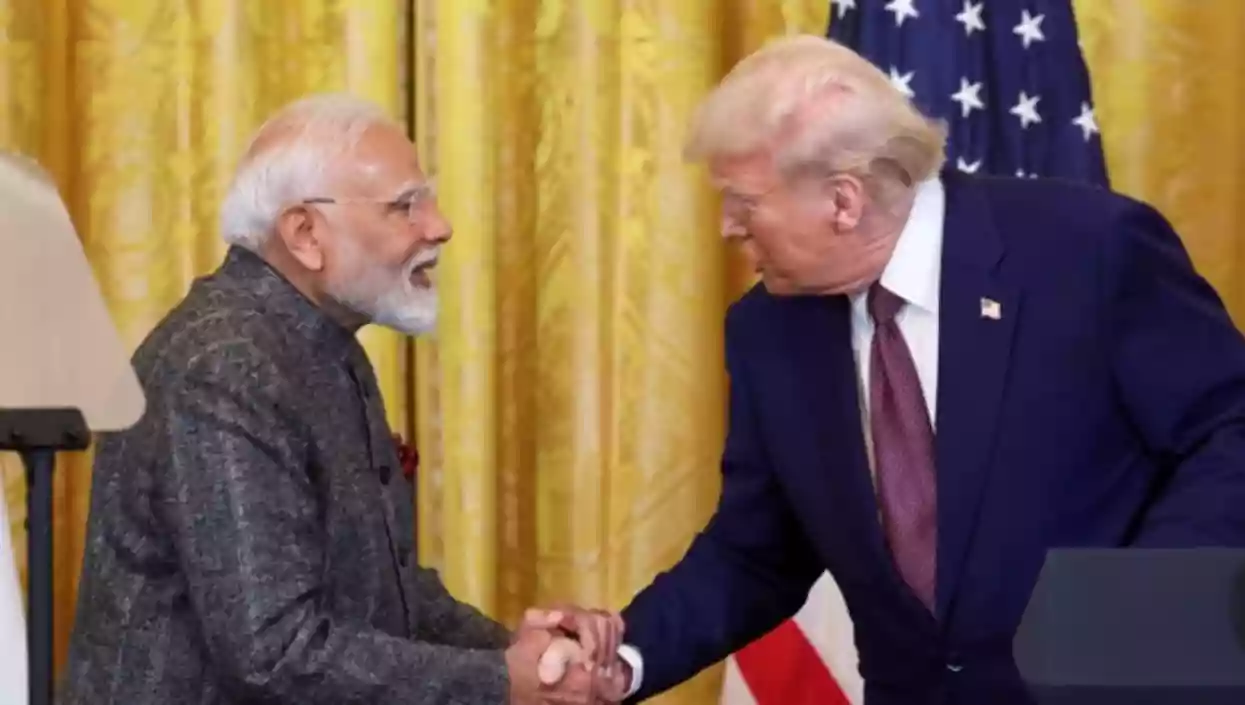.gif)
.gif)

India has formally proposed retaliatory tariffs on certain US products, marking its first counteraction against trade duties imposed by the Donald Trump administration during his second presidential term. This move comes despite ongoing efforts by both nations to finalise a broader bilateral trade agreement.
In a document submitted to the World Trade Organization (WTO) dated May 12, India announced its intent to suspend concessions and obligations on select American goods. While the document did not specify the products that will face increased tariffs, it confirmed the action as a response to the 25% US duties imposed in March on steel and aluminium imports — an extension of the protectionist measures originally rolled out in 2018.
India, which ranks as the world’s second-largest crude steel producer, argued that these US tariffs impact nearly $7.6 billion worth of Indian exports. In response, New Delhi's counter-tariffs aim to signal resistance to unilateral trade restrictions, while still keeping trade negotiations on track. The United States has also threatened reciprocal duties of up to 26% on Indian goods in recent weeks.
Interestingly, this shift in stance comes after India initially opted for restraint, choosing dialogue over confrontation. However, with no resolution in sight and additional threats from the Trump administration, India appears to be recalibrating its trade posture. New Delhi has also recently imposed temporary tariffs on steel imports from China to protect domestic producers.
Experts say the timing of this retaliation is delicate. With both sides actively negotiating a free trade agreement, India’s WTO move could complicate proceedings. However, India has also made it clear it is willing to reduce its tariff differential with the US by up to two-thirds to facilitate a deal, indicating that the latest step is meant to exert strategic pressure rather than derail talks entirely.